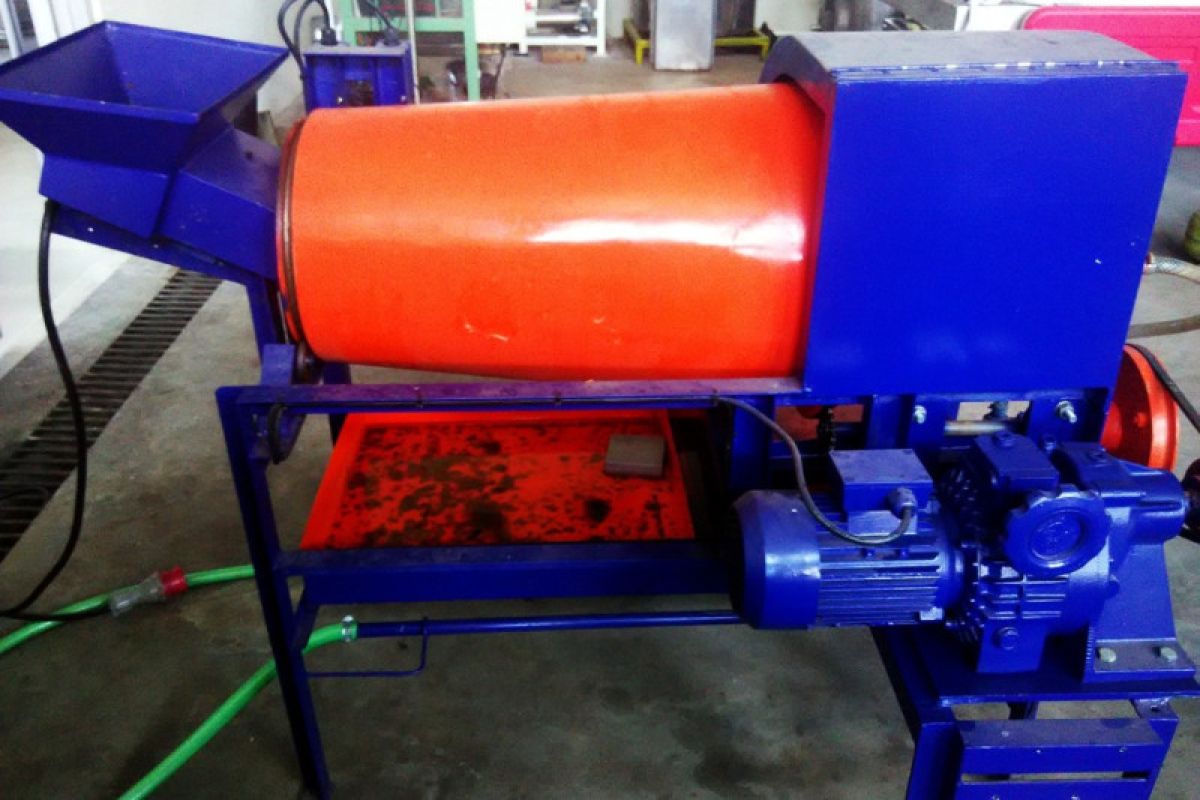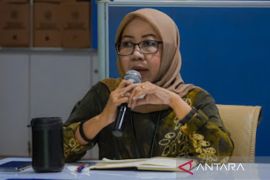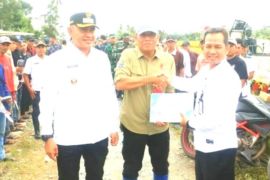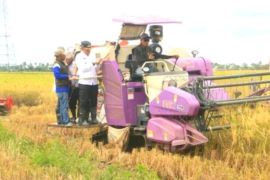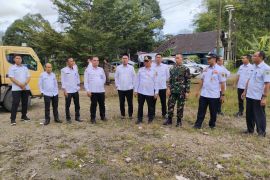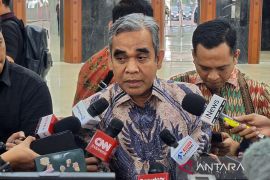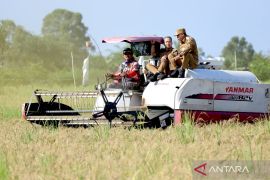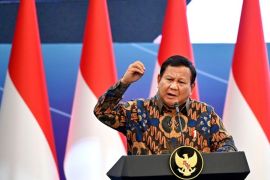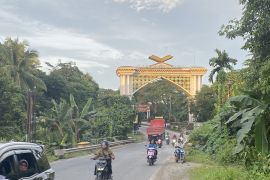Jakarta (ANTARA) - Bantul District Fisheries Processing Research Center of the Maritime Affairs and Fisheries (KKP) Ministry has developed a seaweed fertilizer processing technology, KKP Minister Sakti Wahyu Trenggono informed in a press release here on Sunday.
"Seaweed is a prominent commodity for Indonesian people which can be used ecologically, economically, and socially to encourage environmentally friendly and sustainable national and global development," he remarked.
Meanwhile, Acting Head of the ministry's Center for Maritime Affairs and Fisheries Research and Human Resources (BRSDM) Kusdiantoro stated that the research was conducted to support the second priority program of the ministry.
The priority program aims to develop export-oriented aquaculture commodities, including shrimp, lobster, crab, and seaweed.
Head of Bantul District Fisheries Processing Research Center Luthfi Assadad has informed that there are two seaweed fertilizer processing technologies which have been developed, namely liquid fertilizer and solid or granular fertilizer processing technologies.
Before the commodity undergoes further processes, the seaweed must be washed and cut first.
Furthermore, in processing the liquid seaweed fertilizer, the research center uses an extractor with a capacity of 90 kilograms (kg) seaweed per 90 minutes and a hydraulic press with a capacity of 10 kg seaweed per 10 minutes.
Related news: KKP Ministry encourages seaweed innovation to lower import
Meanwhile, the solid seaweed fertilizer is processed by a granulator with a capacity of 10 kg seaweed per hour, a conveyor with a capacity of 5 kg per hour, and a sieve with a capacity of five kg per hour is used.
In addition, the research center's researcher, Bakti Berlyanto Sedayu, has explained three easy methods to make the fertilizer for households.
The first method is to make liquid fertilizer from fresh seaweed. The cut fresh seaweed must be boiled by distilled water. After boiling, the water will be filtered. The filtered water contains seaweed extract which can be applied directly to plants.
The second method has the same steps as the first method but it uses dried seaweed while the third method is to make liquid seaweed compost. After washing it, the seaweed must be grinded until it becomes smooth. Then, add some water and crushed fish meat to increase the nitrogen element to the seaweed, Sedayu said.
Furthermore, keep the mixture in a closed container for several days. The liquid compost can be applied directly to the plant’s soil or diluted first to be used as a spray fertilizer.
"Various researches have proven that liquid seaweed fertilizer can accelerate plant growth, expedite fruit development, and increase horticultural yields. Seaweed liquid fertilizer also has high efficiency for flowers," Sedayu added.
Related news: Govt plans to establish seaweed farming villages in eastern Indonesia


